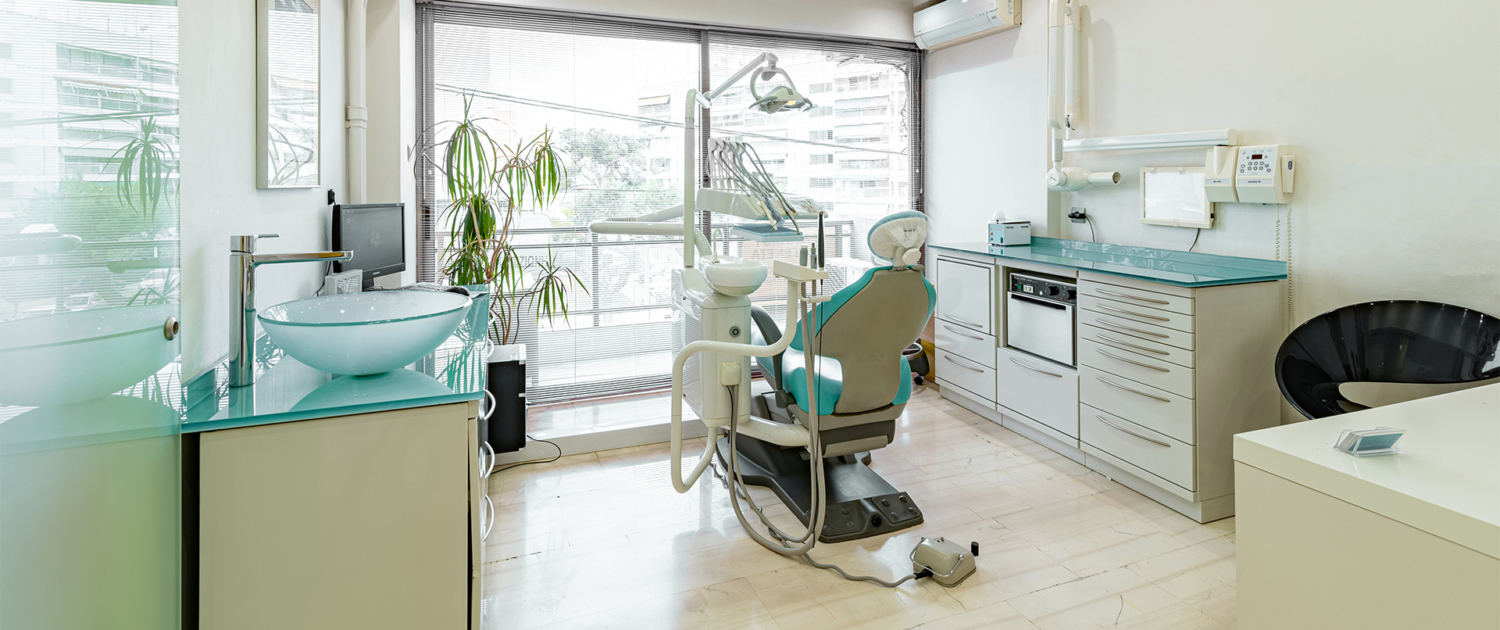The dentist and his/ her role
Oral health is unquestionably a mirror of the general health. The dental surgeon is called through prevention, correct diagnosis and of course the correct and ethical application of his/her dental knowledge to protect oral health. In addition, after validated scientific data of the last 15 years, the dentist acquires an even more active role in the management of patients with systemic pathologies such as cardiovascular disease or diabetes.
Some historical data
The history of dentistry is almost as old as the history of mankind and civilization with the first evidence dating back to 7000 BC. Finds of the Indus Valley Civilization (3300 BC) show evidence of teeth that have been prepared and placed 9000 years ago. Dental surgery is considered to be the first specialized medical intervention. The first information in the ancient Greek literature about the practice of dentistry as a separate specialty is already provided by Herodotus (5th century BC) where according to his narration in Egypt there was a large number of physicians, including dentists. Seven centuries later, Galen of Pergamon (129 – 210 AD) repeatedly referred to dental specialists (ὀδοντικώνἰατροὺς).
The dentist in our days
Dentistry today has several specialties and dentists in order to achieve an excellent treatment specialize by attending special graduate programs. In Greece, the officially recognized specialties of dentistry are orthodontics and oral and maxillofacial surgery.
The collaboration of different specialized dentists who will restore oral health each one in their specialty in combination with the correct diagnosis is what will ensure long-term oral health results for each patient.
The procedure that is generally followed to achieve the best dental treatment is as follows:
First, a thorough clinical dental examination of the patient is performed, which, depending on the case, can be supplemented with X-rays, as well as photographsand dental impressionswhich may be taken to have a complete picture of the previous condition, as well as to have a correct treatment plan.
Then, apart from the general dentist, depending on the type of problems that will be diagnosed, the following specialties may intervene:
periodontist: for problems involving the supporting tissues of the tooth, i.e., the gums and bone. This specialty includes the treatment of gingivitis and periodontitis, gingivoplasty to rehabilitate a gummy smile, treatment of gingival recessions as well as the placement of dental implants.
endodontist: for teeth that need root canal treatment or endodontic treatments of any kind.
prosthodontist: for prosthetic restorations (bridges-porcelain veneers-crowns or for cases of partial or complete dentures).
oral and maxillofacial surgeon: for the extraction of teeth (enclosed or not), the placement of implants, surgeries on the jaws in collaboration with an orthodontist for better arrangement of teeth and jaws in disharmony, for regenerative surgical interventions in atrophic jaws.
orthodontist: for crowded or misaligned teeth, for the eruption of enclosed teeth(mainly canines), for resolving jaw disharmony in childhood.
pediatric dentist: forproviding dental prevention and treatment services to children.
stomatologist: deals with the diagnosis and treatment of diseases that affect the oral cavity, including the oral mucosa, jaw bones and salivary glands.
aesthetic dentist: this specialty includes teeth whitening as well as general aesthetic restorations ranging from very conservative lifting with resin veneers or porcelain veneers to more intrusive treatment plans with crowns, bridges, or implants.Aesthetic dentistry and its thorough knowledge are a prerequisite for all dental specialties as it helps to achieve a perfect and harmonious smile.
The long-term collective experience in the field of dentistry and the long-term results of the therapeutic and aesthetic rehabilitation of patients has given the general certainty that the cooperation with specialist dentists is considered necessary for the greatest benefit of both the oral and the mental health of the patient.
The dental result achieved after a proper treatment plan is excellently maintained with the help and cooperation of the patient, who is recommended to perform regular dental examinations and to take care of the daily cleaning of the teeth and mouth by brushing and using interdental devices (dental floss and / or interdental brushes).
The visit to the dentist
Just like all doctors, it is important to feel comfortable with your dentist. The dentist will not judge your mouth, your oral hygiene habits, or your previous treatment options. The dentist will guide you based on the clinical data he/ she will identify and collect in finding the best possible treatment plan to then make a rehabilitation that is consistent with both the scientific data and your personal wishes.
During your first visit, the dentist will record your medical history. In case your health condition changes over time or the medication you are taking changes, it would be good to inform him/ her.
As mentioned before, the dentist will then perform a clinical examination of your mouth which, depending on the case, can be supplemented by performing x-rays. Photos and impressions can also be taken to get a complete picture of the previous situation. In the end, after studying all the information he/ she has gathered, he/ she will prepare a treatment plan which of course he/ she will explain and discuss with you.
How often should I visit the dentist?
This is one of the most common questions which has a simple answer. It would be good to visit the dentist at regular intervals without necessarily waiting for a problem to occur.
The frequency of check-ups is not the same for everyone and depends, among other things, on the problems that have occurred so far and may have been treated or brought under control, as well as on the oral hygiene habits that each of us has.
The dentist after the completion of the treatment plan will indicate the frequency with which it is recommended to visit him/ her in order to carry out a thorough check-up. If in the meantime there is any discomfort, contact your dentist and make an appointment to see you. In general, however, do not hesitate to ask your dentist when you need instructions and information.
Our dental clinic
Our dental clinicstarted operating in 1981! Four decades later, we continue to provide high quality dental services in a modern and well-equipped space in the centre of Peristeri, Athens. Our dental clinic disposes of two dental chairs and all the most modern dental equipment for the provision of specialized dental treatment.
The PerioDentalCare team is waiting for you to offer you and your children a complete dental care, for a smile full of health and confidence!

